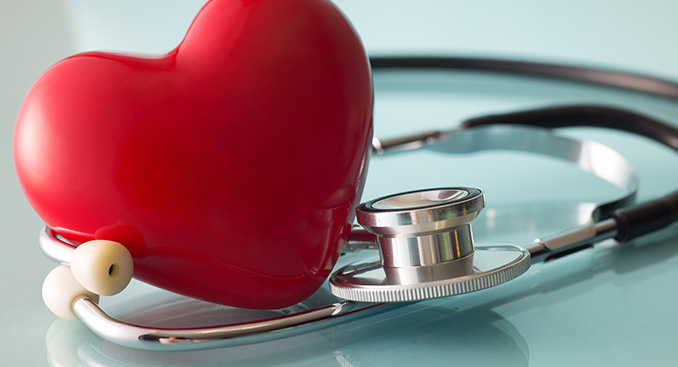Cardiothoracic Surgery: Hearts and So Much More

Many people think about surgeons at a hospital and wonder, what do they do? In the case of cardiothoracic surgeons, it may be a lot more than you think.
Kathryn O’Keefe, MD, is a cardiothoracic surgeon with the TriHealth Heart Institute. Cardiothoracic surgeons specialize in surgical management of the chest – the heart, lungs, and esophageal processes. And when something goes wrong and surgical intervention is needed, these surgeons step in.
“In a broad sense, we’re the doctors that come in and help fix a mechanical problem,” said. Dr. O’Keefe.
Cardiothoracic surgeons treat heart conditions like aortic stenosis, mitral regurgitation, thoracic aortic aneurysm, arrhythmias like atrial fibrillation, and coronary artery disease.
Dr. O’Keefe said that one of the most common surgeries that her team does is a coronary bypass surgery to help patients with coronary artery disease.
“The best way to describe a coronary bypass surgery is like a traffic jam,” said Dr. O’Keefe. “I use arteries from the chest wall, called mammary arteries, and use veins from the legs or arteries from the arms to create a coronary artery bypass graft, or CABG, to create new routes around the blockage, relieving ‘traffic jams’ in the heart where plaque builds up.” The goal of a coronary bypass surgery is get better blood flow to the heart muscle, which can prevent heart attacks and prolong life.
Valve repair and replacement is another common heart procedure performed by cardiothoracic surgeons. Heart valve disease results from a malfunctioning valve between pumping chambers inside the heart. Symptoms can include shortness of breath, lightheadedness, heart palpitations or chest pain, and if it’s not treated, can lead to severe progressive heart failure, hospitalization, or even death.
Heart valve disease is usually treated with a replacement. The damaged valve is removed and replaced with a mechanical or tissue valve while the patient is on a heart-lung bypass machine. While less common, repair can sometimes be performed. Repair allows individuals to keep their own valves, and minimize deterioration over time of a biological replacement valve.
Cardiothoracic surgeons also treat conditions in the lungs and esophagus, such as when a patient has lung cancer. “One thing I want to say about that is that lung cancer isn’t a death sentence,” said Dr. O’Keefe. When possible, surgical tumor resection of the cancerous part of the lung is best course of treatment.
Dr. O’Keefe said that she feels that her greatest responsibility as a heart surgeon is helping her patients know that they can care for themselves after treatment. “After surgery, patients can be positive agents of change in their long-term health,” she said. “This includes helping them control their blood sugar, blood pressure, and cholesterol levels, whether it be through diet, weight loss, or quitting smoking.”
Patients should also seek care when it is needed, including cardiac care. Delaying treatment even by a few minutes in acute cases like strokes can lead to detrimental effects. In addition, do not neglect routine or emergency medical care out of fear of contracting COVID-19. TriHealth facilities are clean, safe, and ready for you.